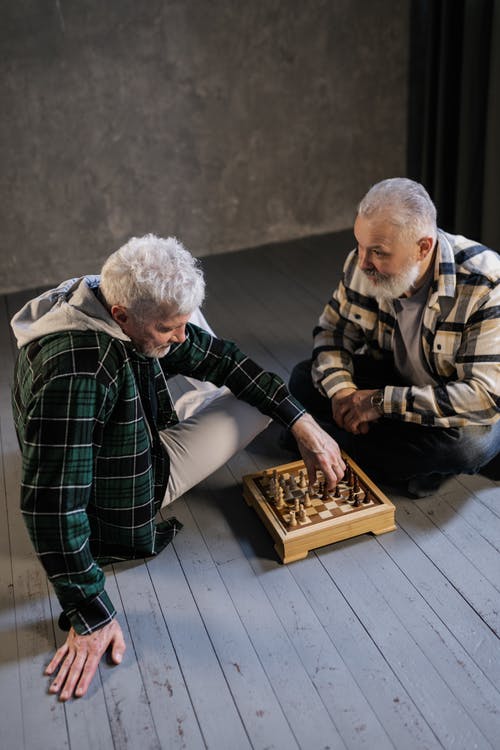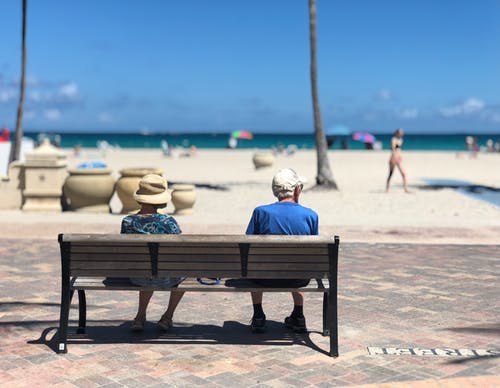Seniors who are living with addiction might find it hard to become sober because they might have been struggling with it for a long time. It may even be harder for them to break free from addiction because of how their body behaves when they get older.
When seniors are suffering from addiction, the first step is usually to get them to undergo detoxification. The essence of detoxification is to remove toxic substances in the body that might be harmful.
These substances are sometimes the buildup of substances like drugs and alcohol that have accumulated over the years.

In the case where the senior is not addicted to substances, they would not have to undergo detoxification.
When a senior stops using drugs and alcohol, they may experience withdrawal symptoms which might be unpleasant for their health.
With detoxification, the effects of these symptoms may reduce, which would make the seniors fit and strong to receive addiction treatment.
Seniors will also have to attend counseling sessions which is an integral part of addiction treatment.
Counseling helps to create a therapeutic alliance between the patient and the counselor. This makes it easy for the patient to trust the counselor so that they can aid them to achieve sobriety in the long run.
Importantly, counseling is also important in identifying underlying health problems that may not be physically visible. The senior also needs the counselor’s motivation all through addiction treatment help so that they can pull through.
Also, seniors may have to undergo inpatient treatment or outpatient treatment depending on the severity of their addiction. Irrespective of the treatment type or facility that seniors opt for, what matters is their comfort.
Inpatient treatment or rehab is for older adults with more severe addiction cases. Such people might need close monitoring from time to time.
Seniors who go for outpatient treatment may not need to remain within the treatment facility, as they can come from home to get treated and return.



